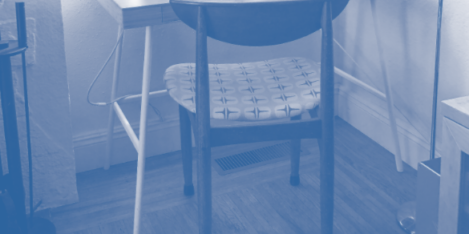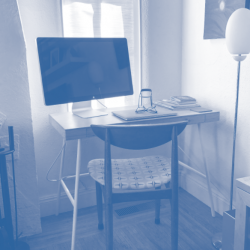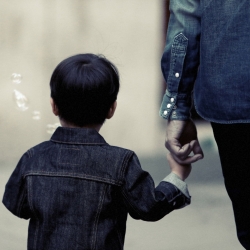To provide the best experiences, we use technologies like cookies to store and/or access device information. Consenting to these technologies will allow us to process data such as browsing behaviour or unique IDs on this site. Not consenting or withdrawing consent, may adversely affect certain features and functions.
The technical storage or access is strictly necessary for the legitimate purpose of enabling the use of a specific service explicitly requested by the subscriber or user, or for the sole purpose of carrying out the transmission of a communication over an electronic communications network.
The technical storage or access is necessary for the legitimate purpose of storing preferences that are not requested by the subscriber or user.
The technical storage or access that is used exclusively for statistical purposes.
The technical storage or access that is used exclusively for anonymous statistical purposes. Without a subpoena, voluntary compliance on the part of your Internet Service Provider, or additional records from a third party, information stored or retrieved for this purpose alone cannot usually be used to identify you.
The technical storage or access is required to create user profiles to send advertising, or to track the user on a website or across several websites for similar marketing purposes.
 Employers are now more aware of their employee’s personal situation and family commitments than they were pre Covid-19, according to the Re:Me report from MetLife UK. This report, which explores the changing relationship between employers and employees amid the global pandemic, claims that seven in ten (71 percent) employees now feel ‘employers have a social responsibility to them’. (more…)
Employers are now more aware of their employee’s personal situation and family commitments than they were pre Covid-19, according to the Re:Me report from MetLife UK. This report, which explores the changing relationship between employers and employees amid the global pandemic, claims that seven in ten (71 percent) employees now feel ‘employers have a social responsibility to them’. (more…)






 Working from home is exacerbating an ‘always on’ culture. Data from a study of UK employees, conducted by virtual team building company
Working from home is exacerbating an ‘always on’ culture. Data from a study of UK employees, conducted by virtual team building company 
 The COVID-19 pandemic left businesses in an unprecedented position of having to rapidly adapt workplace practices and implement new processes at a moment’s notice. Of course, those companies that were already accustomed to home office set-ups and flexible hours were in a much better place to adapt to these changing circumstances. However, not all businesses were prepared for the sudden change to work routines.
The COVID-19 pandemic left businesses in an unprecedented position of having to rapidly adapt workplace practices and implement new processes at a moment’s notice. Of course, those companies that were already accustomed to home office set-ups and flexible hours were in a much better place to adapt to these changing circumstances. However, not all businesses were prepared for the sudden change to work routines. 
 When it comes to job satisfaction, Denmark tops the list of the best places to work in digital in Europe – beating the UK, Germany and France – according to the 2020 Digital Talent Global Work Happiness Index. The Nordic country scored highly for work-life balance, family-friendly working models, purpose, personal safety and personal impact, which describes how much impact an individual feels they are making to their business.
When it comes to job satisfaction, Denmark tops the list of the best places to work in digital in Europe – beating the UK, Germany and France – according to the 2020 Digital Talent Global Work Happiness Index. The Nordic country scored highly for work-life balance, family-friendly working models, purpose, personal safety and personal impact, which describes how much impact an individual feels they are making to their business. 
 A new study on work-life balance claims that the COVID-19 crisis is a crucial factor – but not the only one – behind low levels of wellbeing among employees working from home. A research team including Professor Ilke Inceoglu, Professor of Organisational Behaviour and HR Management at the
A new study on work-life balance claims that the COVID-19 crisis is a crucial factor – but not the only one – behind low levels of wellbeing among employees working from home. A research team including Professor Ilke Inceoglu, Professor of Organisational Behaviour and HR Management at the 
 New analysis published by the
New analysis published by the 
 New research published by
New research published by 




 Work-life balance charity
Work-life balance charity 









January 22, 2021
Working parents present new and important challenges for employers
by Katie Davenport • Comment, Flexible working, Legal news